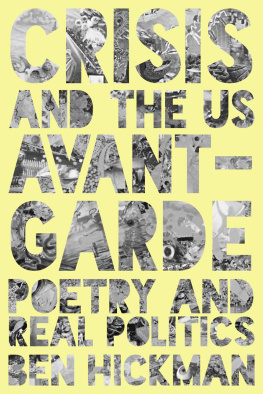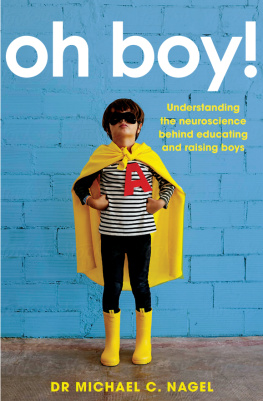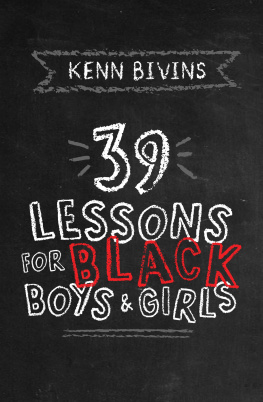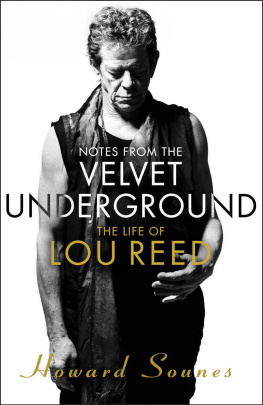Epilogue
Boys Forever
B y the end of October 1948 the Bevin Boys were all gone from the pits, save those whod elected to stay, or return, including some of the men in this narrative and others, like Jock Purdon, the poet-folksinging miner who, when he wasnt performing, spent his life down a pit in Chester-le-Street, County Durham. The rest returned to their lives: ordinary lives for the most part, famous lives in a few cases, like those of Eric Morecambe and others whove appeared in these pages; or eminent lives, like those of the physicist Sir Martin Wood, and Members of Parliament Geoffrey Finsberg (Conservative) and Peter Archer (Labour and, like the remarkable John Platts-Mills, a QC), both later elevated to the Lords.
With time, the majority of balloted Bevin Boys came to believe that they were lucky to have been denied the forces. As Phil Yates observes, Mining was a risky business, but I wasnt shot at or shot down. Would I have survived as a ships stoker or if Id taken part in the D-Day landing? Many Bevin Boys, however, found they preferred not to talk about the war, particularly to men of their age, because it inevitably raised questions about what theyd done during it. Some felt a sense of inferiority for not having been in uniform. For years after the war the topic would came up all the time, says Dan Duhig, and youd listen to blokes: I was in Egypt, I was in Italy, I did this, I did that. I had the feeling Id done nothing. Dan White goes so far as to say he felt there was a stigma to having been a Bevin Boy. What upset many, Syd Walker among them, was that if they did say theyd been Bevin Boys, the belief persisted that they were conscientious objectors. I met a man on a train who made that assumption, Walker says. I put him straight and he apologised profusely, but I realised it would be many years, if ever, before people would know the truth about the Bevin Boy conscripts.
For some Bevin Boys, an unpleasant legacy of coalmining was that it left them with bad dreams of being forced back to the pits, and worse, of being trapped in a closing. David Day suffered from bad dreams; so did Jack Garland; and Geoffrey Mockford. They were very frequent and very real to me, Mockford says. Thankfully, now, such dreams are rare.
In the decades after they left the pits, Bevin Boys watched the industry to which they once belonged with more interest than most and could only shake their heads as it imploded. The high level of local strikes with which they were so familiar continued, and escalated as pits were closed for economic reasons, leading to violent confrontations first with the Heath government in the seventies and then, terminally, with the Thatcher government in the eighties. At nationalisation, NCB chairman Lord Hyndley spoke of mining 20 billion tons of coal in the next 100 years. Within forty years, gas, oil and nuclear power had almost replaced coal and now only five pits, in private hands, operate, producing less than a third of the coal the country does use.
I never thought Id live to see the day when there werent any pits left in my county, says Durhams Dennis Fisher. So now we import coal from places like Columbia, Poland, Austria and who knows where else. Ironic that at Newcastle theres a depot to store all this foreign coal, which makes the old saying about taking coals to Newcastle into a reality.
But Bevin Boys were not and are not prepared to pass judgement on the miners. If anyone has criticised miners in my presence, says Harold Gibson, I in no uncertain terms asked them if they had any idea of the miners life and suggest that they exchange places for a while. I would stand up for the miners against anybody who denigrated them, says Owen Jones. Alan Gregory, who for twenty years until the late sixties worked for the Ministry of Fuel, had no patience with people who badmouthed the miners. I used to walk over from Millbank to Whitehall with a department solicitor who, one day, was criticising the miners to the point where I told him to shut up. He could criticise the idiocies of government and of the NUM, but I wouldnt hear a word against the miners damn good chaps who were grossly misled by their leadership. Led up a cul-de-sac, is how Victor Simons sees it. I was working for the Coal Board in Yorkshire at the time of the year-long strike and once or twice had to face Arthur Scargill across a table. The arrogance with which he led the industry into chaos made me extremely angry.
More than a few Bevin Boys stayed in touch with men theyd worked with, including Geoff Baker, who visited Big Joe until he died, in his late seventies, riddled with pneumoconiosis; Big Joe never tired of introducing Baker to people as the bugger who wore an evening suit down the pit. Baker named his house Joffers Big Joes nickname for him as a kind of tribute to him: I loved that man. On a visit to England from his home in Canada in 2006, Jack Garland went to see his old butty, then aged ninety-one.
Down the years many Bevin Boys have paid nostalgic visits to their old collieries. In 1975 Owen Jones wrote to Welbeck, asking if he could again take the cage to the pit bottom. I was presented with a helmet and a miniature miners lamp, and walked into the pit yard to shake hands with many of the men who had known me. Twenty years later, as coalmining became a thing of the past, there was little or nothing of the collieries to see. Doug Ayres found a motorway instead of the Homer and Sutherland; Harold Gibson found two clumps of trees where once the Huncoat shafts used to be but the chip shop had photos galore on the walls. John Cooks return to the Louisa was just as dispiriting, but his return to County Durham was nevertheless rewarding. He went into Durham cathedral and was thrilled to see that they had a miners memorial book on display, and for coincidence it was opened at the page commemorating the Louisa pit disaster of 1947. And the names of both Bevin Boys were shown among the dead, though sadly there was no indication that they were Bevin Boys.
For thirty-five years after they left the pits, the Bevin Boys dropped out of sight though in May 1964, when Mods and Rockers were rampaging in Margate, William Telling suggested in the House that perhaps a dose of the Bevin Boys might do them some good. Then in 1983, just ahead of the fortieth anniversary of the implementation of the conscription ballot, Radio 4 and Tyne Tees Television aired half-hour documentaries, prompting Stanley Durban, an old Bevin Boy from Croydon, to approach Chatterley Whitfield mining museum in Stoke, suggesting it host a Bevin Boy reunion. As a publicity promotion the museum in 1989 offered free admission to any Bevin Boy who cared to come along on a certain day and were surprised when thirty showed up.
On the back of this, the Bevin Boys Association was founded and a small group began using the museum as a base to get publicity and recruit members. Warwick Taylor, whos already begun to research the history of the Bevin Boys to produce a permanent record, soon joined. In 1993 Geoffrey Finsberg, whod served at Glapwell colliery in Derbyshire, was elected the associations first president. When he died suddenly three years later (Lady Finsberg taking over her husbands role) Taylor, by now the associations archivist, press officer, publicist and public relations man, also became vice-president.
When he began gathering material for his book, Taylor had his title in mind: The Forgotten Conscript. Largely due to his efforts, the title was becoming less apposite by the time he got into print in 1995. Information about the Bevin Boys was spreading and now every mining museum has a Bevin Boy display; the association has a touring exhibition; and members all over the country are out and about giving lectures and going to talk to schools. The association has its own website and its archive is housed in the Imperial War Museum. Today, membership is nearly 3,000, extraordinarily having risen year on year, despite the inevitability of names having to be regularly added to the associations book of remembrance; realistically, with all its members in their eighties, membership must soon decline.







